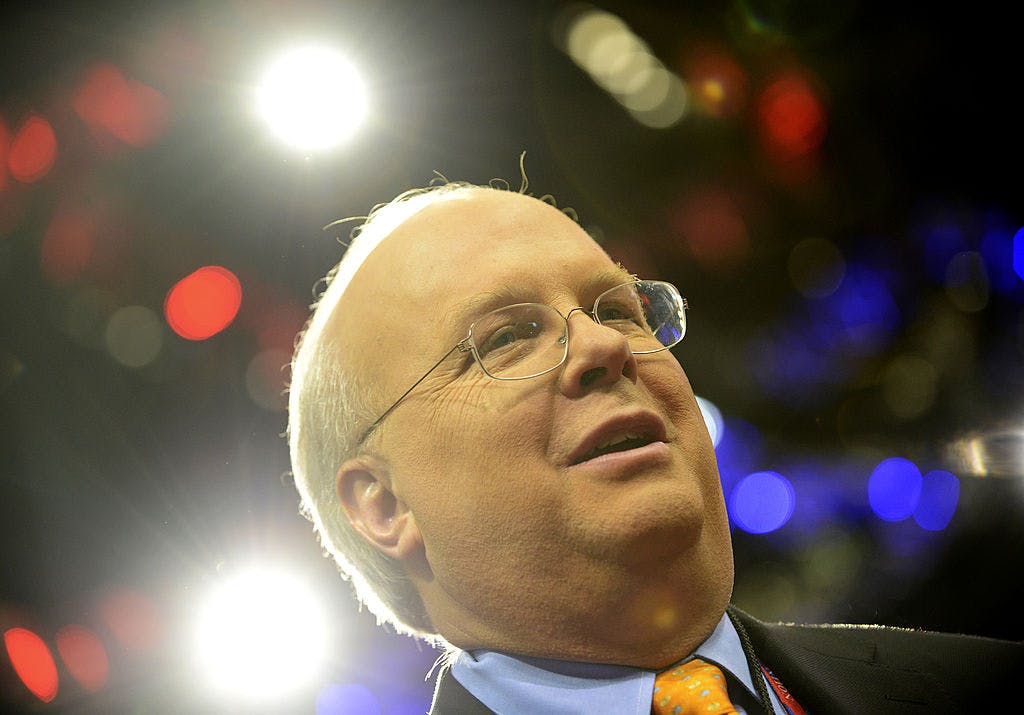|
 Brendan Smialowski/Getty | |||
| This week, CNN’s Jake Tapper reported that senior officials throughout multiple government agencies were alarmed that the Trump White House was pressuring them to fast-track a “contract to lease the Department of Defense’s mid-band spectrum—premium real estate for the booming and lucrative 5G market—to Rivada Networks, a company in which prominent Republicans and supporters of President Donald Trump have investments.” The deal would essentially hand over 350 megahertz of spectrum to Rivada. Look, I don’t exactly know what that means, but Tapper notes that, in a recent auction, one-fifth that amount went for $4.5 billion. It’s a pretty interesting development given what we know now about Trump’s financials. He owes hundreds of millions of dollars to “somebody” for “reasons,” and if you need to raise a small fortune very quickly, one way to do it is to slide an even larger fortune to a pal who might “owe you one” down the line. | |||
| Advertising  | |||
| This is where we would typically muse about the specific harms of the Trump era and his unique corruption. “This is not normal, let that sink in,” et cetera. But here’s an interesting detail from Tapper’s report: “Sources tell CNN that Trump was encouraged to help Rivada by Fox News commentator and veteran GOP strategist Karl Rove, a lobbyist for, and investor in, Rivada.” Karl Rove, you say? Why, I remember that scalawag from the Before Times! It’s almost as if the sleazy backroom deal that slushed all these billions of dollars was just part of a long-standing Beltway tradition—an unchanging cultural holdover that stitches one generation of grifters to the next. It’s absolutely the case that we should care about the way Trump has influenced a universe of corruption during his time in office. As Ankush Khardori wrote for TNR, these are boom times for white-collar criminals, with the possible exception of the ones named “Paul Manafort.” Moreover, one of the central planks in the right’s Hunter Biden mania is the notion that Trump came to find out about Biden’s Burisma misadventures out of a keen interest in fighting foreign corruption. In actuality, Trump is unique among American presidents in the lengths he has gone to foster such international graft. But it’s worth reflecting on the ways in which all that seems new and different is just another point on the same continuum. In the case of Hunter Biden, we’re treating his involvement with a Ukrainian petrochemical concern as if it’s an absolute mystery how this all came to pass. But we know the score: Biden has connections to power, and those connections have a perceived value that people will pay good money to exploit! It’s very gross, and we should stamp it out like a swarm of silverfish. But it’s not unique. In a few weeks, many politicians will lose their seats in Washington and most will scooch seamlessly into cushy jobs based on their connections to power, and it won’t be any more or less corrupt than what Hunter Biden did. Meanwhile, we should reflect on Rove and Trump’s coming together to shovel billions of dollars in the direction of their own investments and their mutual friends. The popular conception of the president is that he stands apart from the Republican Party in meaningful ways—that he is a break from the party establishment, his ascension to the presidency supposedly being evidence that these figures from the party’s past have, in some significant way, been discredited. This is not something that these allegedly discredited figures have fought hard to debunk. After all, as Trump plods seemingly inexorably to an electoral loss, these folks stand to be reborn. From Nixon to Trump, Republicans have made an art of “retaking” their party, using the burning wreckage of one discredited presidency to fuel the next. They aim to survive Trump in the same way. In order to restore their public favor, they will publicly flog him for damaging their brand. But what this Rivada deal suggests is that, in the end, once all the favor-trading plays out and the IOUs are cashed in, everyone—including Trump—will emerge richly rewarded. —Jason Linkins, deputy editor | |||
 | |||
| TNR’s deep dive into this election season’s most interesting battleground states continues this week as Hanif Abdurraqib delves into the way racial animus has convulsed the Ohio communities traditionally thought of as bastions of moderation, and Meredith Shiner explores the depths of Susan Collins’s destructive reign as Maine’s senator. This week brought us the second and final presidential debate, one that was marked by a robust demonstration of righteous anger from Joe Biden, and perhaps the last chance for Trump to give the political media what they’ve desperately wanted for the past four years: a “new tone.” Are you worried about a Trump coup? Walter Shapiro says don’t. Are you worried about the state of liberal journalism? Alex Pareene concurs. What’s the hot new thing for disgraced Republicans? Libby Watson says it looks like it could be “joining the Biden administration.” And the real crisis our nation faces? It could be the Constitution of the United States of America. | |||
| Advertising  | |||
 | |||
| Support Independent, Issue-Driven Journalism | |||
| | |||
| Copyright © 2020 The New Republic, All rights reserved. | |||
